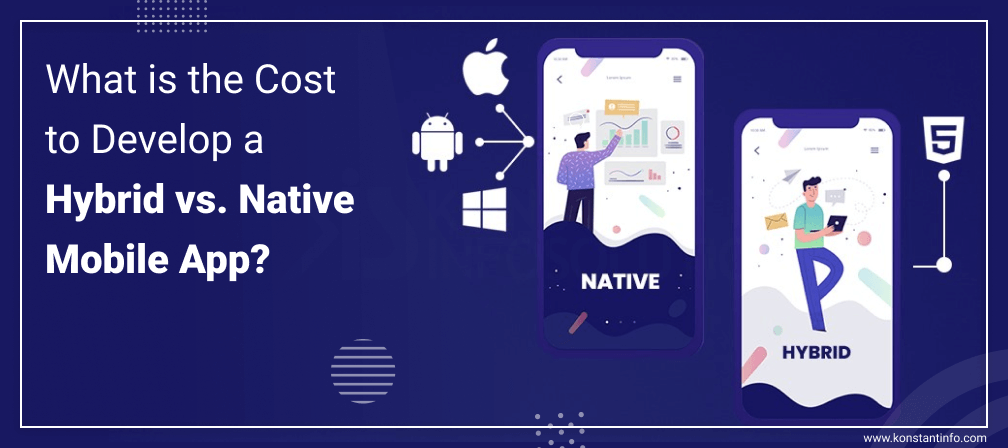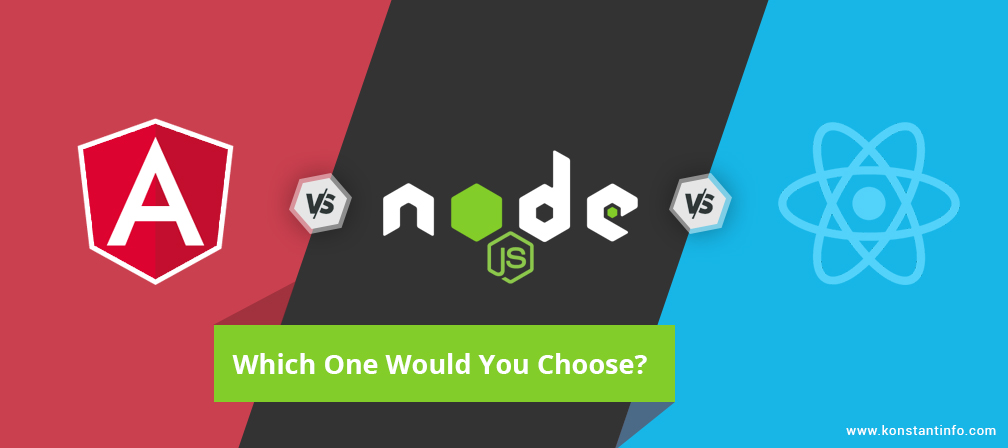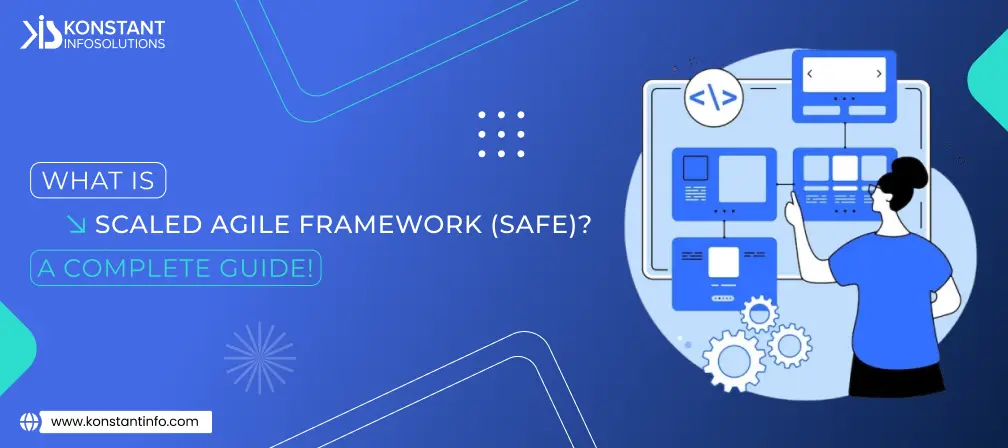Considerations: Native vs. Hybrid App
The price to create an app depends upon the following aspects:
- Type (mobile game, business, social networking, lifestyle, fitness, on-demand delivery services, e-commerce: B2B, B2C etc.)
- Platforms (iOS, Android, Windows Phone, etc.)
- Design (basic, individual, custom)
- Number of pages
- Features & infrastructure
- The programming languages they are built-in
- If the language provides access to native device APIs?
- The distribution method
- Multi-platform support
Know About Hybrid Apps
Hybrid Apps make use of single-code bases like CSS, HTML, JS and make use of third-party bridging technologies like middleware API. This middleware translates the API into the native platform APIs.
- Portability: These offer portability multiple platforms, cheaper initial costs, and faster distribution to the market.
- Huge Community Support: Plus there is a huge developer community around it.
- Less Upfront Cost for Development: Hybrid apps do fare-well for making you invest less as an upfront cost for simple to medium apps, yet they do require some maintenance and further development as the requirement scales up.
- Third-Party Software Libraries: Hybrid App Development Services are supported by many third-party software libraries and software abstraction, which requires spending some substantial time in keeping up with the changes and required testing.
- Cost-Effective Development: To top up, these are cost-effective. Once a hybrid app development framework code is developed, it can be reused across platforms.
- In-Built libraries: Hybrid Apps can leverage high-quality ad diverse sets of libraries as well as provide requisite tools required to reduce the initial development time.
- Deployment: Hybrid apps are easy and fast to deploy.
- Time Consuming, just in case: If there are more features to be developed, that go beyond the capability of the hybrid app framework and environment
- Wrapper Class: Hybrid applications need a wrapper that makes the app capable of running on a specific platform. E.g.: Cordova and Phonegap, often utilize libraries that allow us to use native functionality in a hybrid application.
Hybrid app development goes well if the certain complex camera or sensor data manipulations are required or in case of complex UX animations, you’ll be coming across limitations of hybrid frameworks. If you wish to see some particular features in your website along with the mobile app, then developing hybrid apps should be considered.
Know About Native App Development
- If performance is your top priority, it is advisable to build Native Apps only.
- Expensive Development: Native Apps are slightly on an upper end as compared to their Hybrid counterparts. Android and iOS developers need to create separate code for respective platforms
- There is an open-source community that maintains and documents the native libraries. These have to be written for every single targeted framework.
Cost of Native App Development in 2020
- According to app development companies, the average cost to build a mobile app can be $1, 00,000 – $5, 00,000.
- The cost to develop a basic app: $1,000 to $4,000.
- The cost to develop an app with a web server: $8,000 to $50,000.
- The Android/iOS app development cost for an app with dozens of features: $2, 00,000 – $3, 50,000.
- The cost to develop a gaming app: $6,000 to $250,000 or higher.
Cost of Hybrid App Development in 2020
How much does an app development cost in 2020?
Mobile App Development depends upon several factors (discussed above), including the choice of development platform, the location of the development team, the complexity of the mobile app and the scalability of the app. On average the hybrid app development cost should be $5000 – $1, 00,000.
How long does it take to develop an app in 2020?
Approximately 200 – 5000 hours.
What are the stages of the mobile app development process?
We follow the complete mobile app development lifecycle, beginning from the conception of idea or pre-research, analyzing the feasibility, designing wireframes, converting the wireframes and prototypes to code, testing the code, maintenance, and periodic feature updates.
Conceivable: How to Choose – Hybrid vs. Native?
The security challenges, UI/UX, cost and time effectiveness, positioning on the app store, market reach and maintenance of the app, market research, target audience, competitors, key functionality, strengths and weaknesses, unique selling points and what will the audience benefit from them, plus the monetization options (Freemium apps, Paid (premium) apps, In-app purchases, Subscriptions, In-app ads and Sponsorships)
The app development approach – native vs. hybrid, that will best suit depends upon the urgency of the requirements, the performance of the application (with loading times), and the complexity of the features. You need to figure out how it will affect your business. Hybrid applications are suitable for start-ups, while native apps are useful for other experienced businesses that need to take care of the speed, performance, brand identity, and effectiveness of the business by having an exclusive native mobile app. The features within the app might vary according to the requirements of the business. There are plenty more factors that a business needs to consider like app purpose, target audience, app development costs, marketing plans and more.
About Author
Neeti Kotia is a technology journalist who seeks to analyze the advancements and developments in technology that affect our everyday lives. Her articles primarily focus upon the business, social, cultural, and entertainment side of the technology sector.



